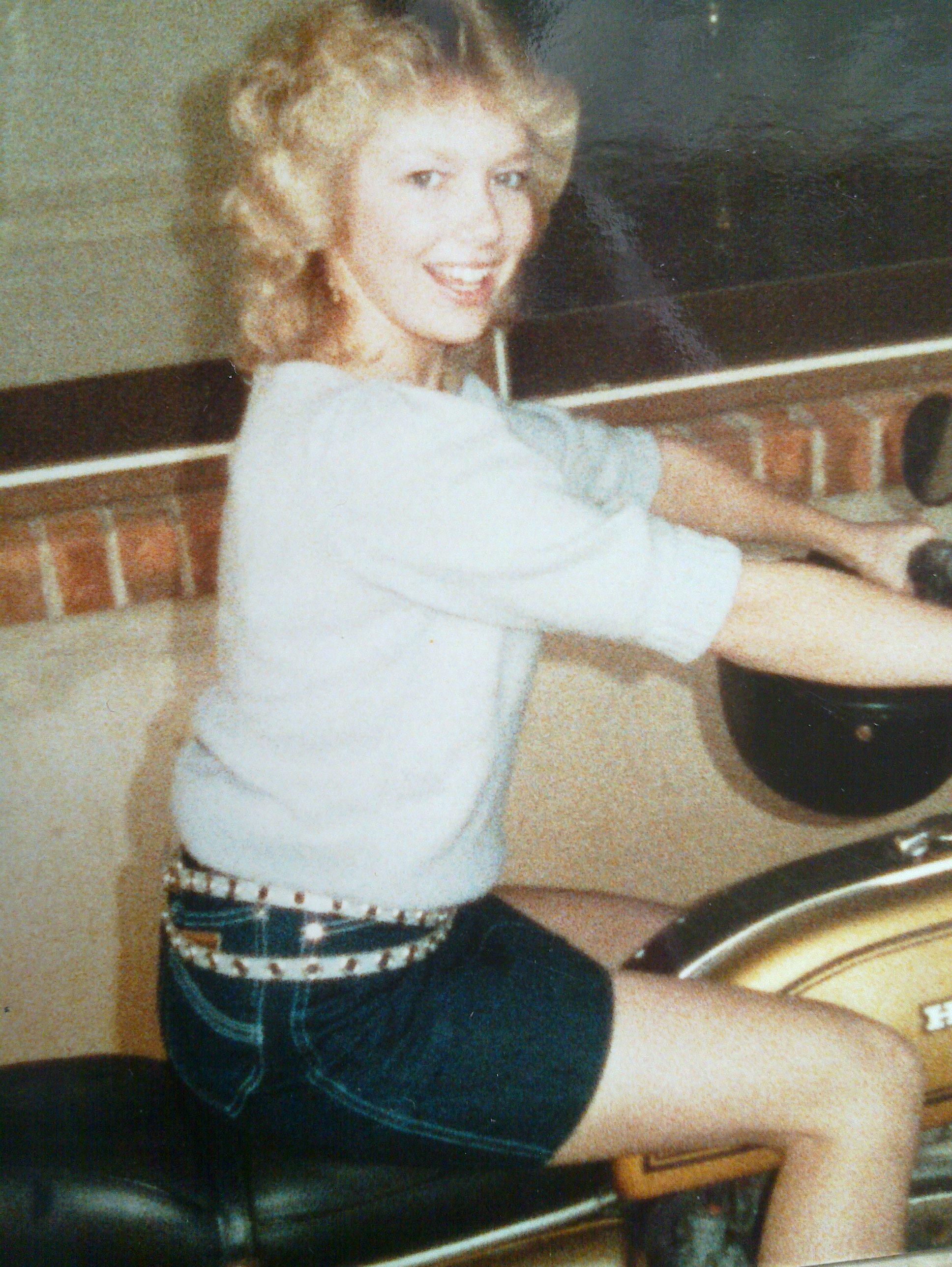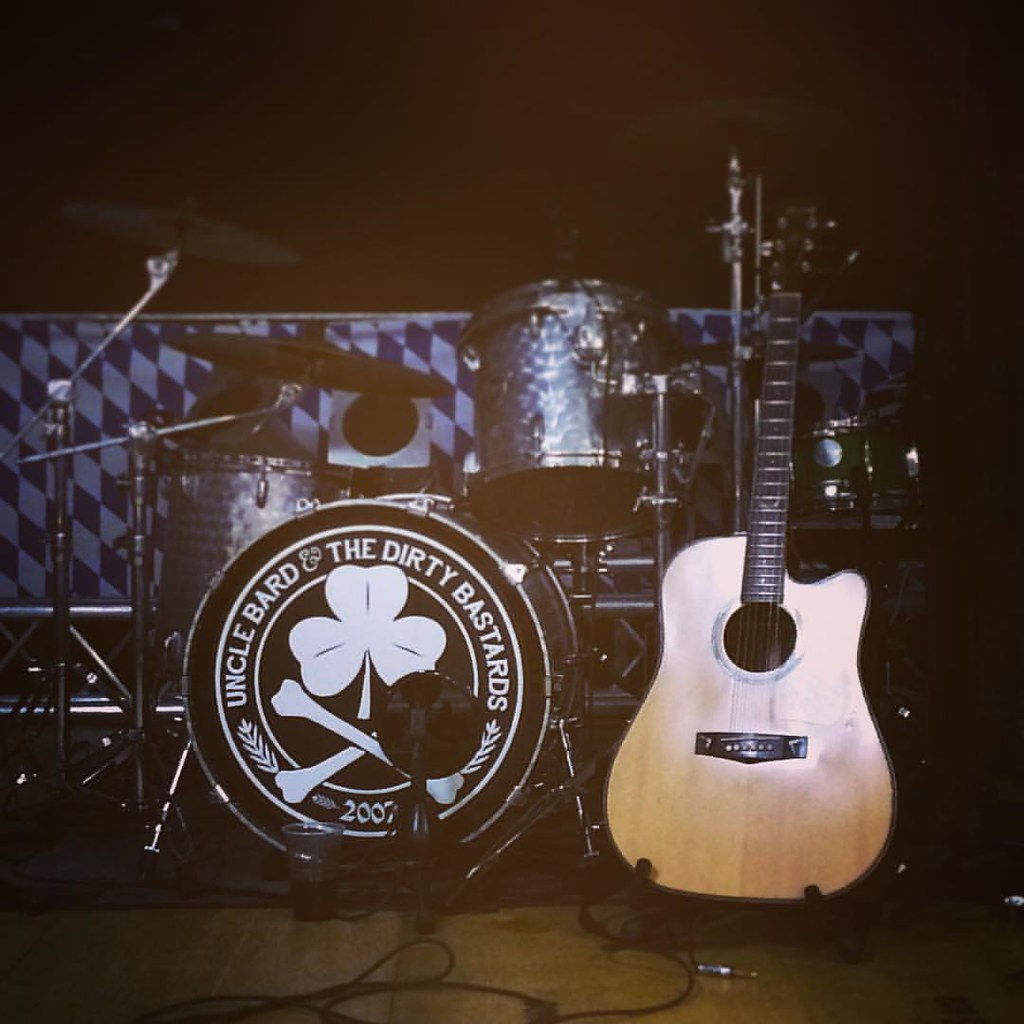
The folk-rock landscape lost a true original with the passing of Tom Shipley, one half of the iconic 1960s and 1970s duo Brewer & Shipley, at the age of 84. Confirmed by his son Marc to the New York Times, Shipley’s death on August 24, 2025, marks the quiet conclusion to a life that resonated with the spirit of an entire generation, leaving behind a legacy woven into the very fabric of American counterculture and musical heritage. His musical partner, Michael Brewer, had passed just eight months prior, on December 17, 2024, at 80, bringing an end to an era for the beloved duo.
Shipley and Brewer, through their unique blend of intricate guitar work, harmonious vocals, and socially conscious lyrics, carved out a distinct niche in a period of immense social and political upheaval. Their most famous creation, the 1971 weed-themed anthem “One Toke Over the Line,” transcended its humble origins as an inside joke to become a surprise Top 10 hit on the Billboard charts. Yet, to categorize them merely by this singular, albeit monumental, achievement would be to overlook the depth and breadth of their contributions to folk-rock. They were, at their core, balladeers who reflected the turbulent times they inhabited, with their music often addressing civil rights and the Vietnam War.
This in-depth exploration invites us to journey through the life and impact of Tom Shipley, examining the pivotal moments that shaped his career and the lasting cultural imprint of Brewer & Shipley. From the spontaneous birth of their most famous song to its paradoxical reception by both the Nixon administration and the seemingly oblivious Lawrence Welk Show, we’ll uncover the layers of their artistic expression and the broader significance of their work, starting with the farewell to a legend who helped define the sound of a changing America.

1. **A Folk-Rock Farewell: Tom Shipley’s Passing and Legacy**The music world recently paused to acknowledge the passing of Tom Shipley, a founding pillar of the influential folk-rock duo Brewer & Shipley. He departed on August 24, 2025, at 84 years old, at a hospital in Columbia, Missouri. His son, Marc Shipley, confirmed the news to the New York Times, noting that his father, an Ohio native, had been residing on a tranquil 15-acre property outside Rolla, Missouri. This somber news followed closely on the heels of his long-time musical collaborator, Michael Brewer, who died on December 17, 2024, at the age of 80, in Branson, Missouri, marking the end of an extraordinary partnership that spanned decades.
Shipley’s passing prompts a moment of reflection on the indelible mark he left on American music. A tribute posted on Shipley’s Facebook page beautifully articulated the essence of his artistic spirit, stating, “Passion for his art ran deep, whether it was music, writing or video. Every song he wrote and sang, every article he published, and every video he produced were inspired by passion. And every one of them told a story. Tom was unsurpassed at telling a story, and he had a million of them! Sometimes you just had to be patient to get to the end.” This sentiment perfectly encapsulates the dedication and narrative power that Shipley brought to all his creative endeavors.
Indeed, the New York Times aptly described “One Toke Over the Line” as a “timeless artifact of the stoned 1960s,” a testament to the song’s enduring resonance and its ability to transport listeners back to a specific cultural moment. Shipley, alongside Brewer, always viewed their musical output as a continuation of the rich folk tradition of social commentary. As Brewer once remarked to Ultimate Classic Rock in 2016, “We were just reflecting the times we were living in,” highlighting their commitment to authenticity and their role as sonic chroniclers of their era. His legacy, therefore, is not just about a hit song, but about a genuine commitment to artistic expression and a profound connection to the zeitgeist.
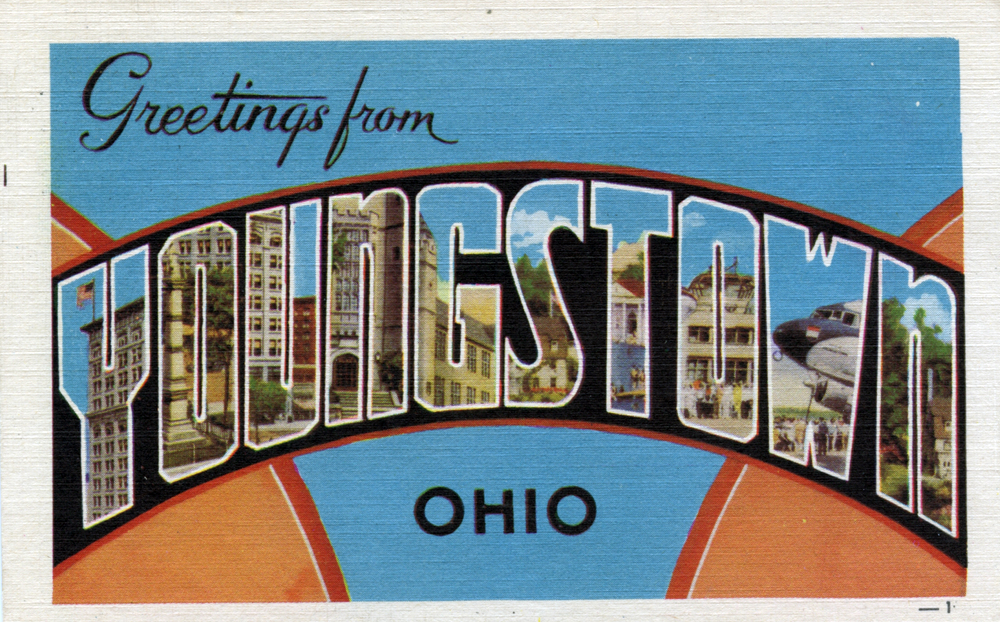
2. **The Genesis of a Duo: Shipley and Brewer’s Early Days**Thomas Nathan Shipley was born on April 1, 1941, in Youngstown, Ohio. His early musical influences were diverse, ranging from rock bands and doo-wop groups to Dixieland ensembles during his high school years. However, a pivotal moment arrived when he encountered the music of Pete Seeger, leading him to abandon the trumpet for the guitar and embrace the burgeoning folk music scene. After graduating from Baldwin Wallace University in Berea, Ohio, with a bachelor’s degree in geology in 1963, Shipley embarked on the coffeehouse circuit, honing his craft and immersing himself in the vibrant folk revival movement.
It was within this thriving coffeehouse scene, specifically at the Blind Owl Coffee House in Kent, Ohio, in 1964, that Shipley’s path intersected with that of Michael Brewer, an Oklahoma City native three years his junior. While their initial encounter didn’t immediately spark a musical partnership, the seeds were sown for a collaboration that would blossom a few years later. By the mid-1960s, Brewer had relocated to Los Angeles, forming a band that included future Mothers of Invention and Blood, Sweat & Tears members. It was in this environment, by 1968, that Brewer and Shipley officially teamed up as musical partners, beginning to write songs together.
Their initial foray into the music industry saw Brewer becoming a staff songwriter for A&M Records’ music publishing company, a move that facilitated their early songwriting efforts. The duo even recorded a debut album for A&M, titled “Down in L.A.” The title proved to be ironically apt, as Shipley candidly shared with It’s Psychedelic Baby, “We were very depressed. Neither of us were LA kind of people.” This sense of disaffection with the West Coast lifestyle ultimately led them to seek a different creative environment, culminating in their decision to return to the heartland.
After their disappointing experience in Los Angeles, which also saw the release of their second album, “Weeds,” they made a decisive move back to the Midwest in 1969. Settling in Kansas City, Missouri, they found a more suitable backdrop for their music, despite initially making “a meager living playing college towns.” This return to their roots, away from the glitz and pressures of the Los Angeles music scene, set the stage for a period of creative resurgence and ultimately, their breakthrough success with Kama Sutra Records, demonstrating their commitment to their artistic vision over commercial expediency.

3. **”One Toke Over the Line”: An Unlikely Anthem’s Birth**The iconic song “One Toke Over the Line” originated from a moment of pure, unadulterated spontaneity at a Kansas City performance, a testament to the creative sparks that often ignite in unexpected settings. Shipley vividly recounted the experience in a 2011 interview with It’s Psychedelic Baby magazine, explaining that a friend offered him some particularly potent weed backstage and cautioned him to limit himself to two hits. Shipley, ever the adventurer, defied the warning, stating, “Of course I wasn’t about to believe him and continued on.” This seemingly innocuous act would soon give birth to a counterculture anthem.
It was in this altered state, while Shipley was playfully plucking a banjo in the dressing room, that the phrase struck him. He confessed to Michael, “I’m one toke over the line,” and in an instant, Brewer, seizing on the memorable phrase, “broke into song.” What began as a mere “joke to make our friends laugh,” as Shipley later told The Star in 2021, quickly took on a life of its own. It was initially an “inside joke among friends,” a fleeting moment of shared amusement, destined to be nothing more than a private chuckle between the duo and their inner circle.
The song’s unexpected journey into the public consciousness began in 1970, when Brewer & Shipley found themselves opening for singer Melanie at the legendary Carnegie Hall in New York. Running low on material for their encores, they decided, somewhat impulsively, to perform their humorous, unreleased tune. The reaction was immediate and overwhelmingly positive: “The audience went crazy,” Shipley recalled. Serendipitously, the president of their record company was in attendance and, recognizing the song’s undeniable appeal, unequivocally declared, “That’s a single.”
Despite the record company’s insistence, the duo initially met the suggestion with disbelief, famously responding, “What? Are you crazy?” They had never conceived of the song as a commercial product, viewing it simply as “just another song to us.” However, the label’s conviction prevailed. They recorded it, and as Shipley later noted, “of course, it was a hit,” catapulting the duo from regional obscurity to national prominence, all from a song they never intended for mainstream success.

4. **Chart Domination and Counterculture Credibility**In early 1971, Kama Sutra Records made the audacious move to release “One Toke Over the Line” as a single, under the production guidance of Nick Gravenites, formerly of the Electric Flag. What followed was a remarkable ascent up the charts, defying expectations and solidifying its place in musical history. The country-flavored track, with its undeniably “irresistible sing-along chorus,” climbed all the way to an impressive No. 10 on the Billboard Hot 100, while also reaching No. 8 on Cash Box and a formidable No. 5 in Canada. Its success was a clear indication that its playful yet enigmatic message had struck a chord with a broad audience.
Beyond its commercial performance, “One Toke Over the Line” quickly emerged as a defining anthem for the burgeoning counterculture movement of the early 1970s. Its lyrical ambiguity and implicit nod to cannabis culture made it resonate deeply with a generation seeking social and personal freedoms. The song’s catchy melody and underlying themes of youthful exploration perfectly captured the spirit of the times, cementing its status as more than just a pop hit, but a cultural touchstone that spoke to the experiences and aspirations of many young Americans.
The song’s organic growth in popularity was significantly fueled by college radio stations, which proved instrumental in broadcasting “One Toke Over the Line” into the mainstream consciousness. Its edgy yet accessible sound found a particularly receptive audience among students, who embraced it wholeheartedly. It quickly blossomed into a beloved sing-along anthem at gatherings, its widespread appeal among this demographic helping it climb the charts and firmly embed itself within the cultural landscape of the era. College radio’s role was crucial in amplifying the song’s voice and connecting it with its core audience.
While Shipley himself would later categorize it as a “novelty song,” candidly admitting, “Once you have one of those you are pretty well stuck with it,” this self-assessment belies its profound impact. The song, despite its creators’ initial intentions, transcended its humble beginnings as an in-joke to become a genuine cultural phenomenon. Its enduring appeal and ability to evoke a specific period of American history prove that some creations, born of serendipity, are destined for far greater things than their origins might suggest.
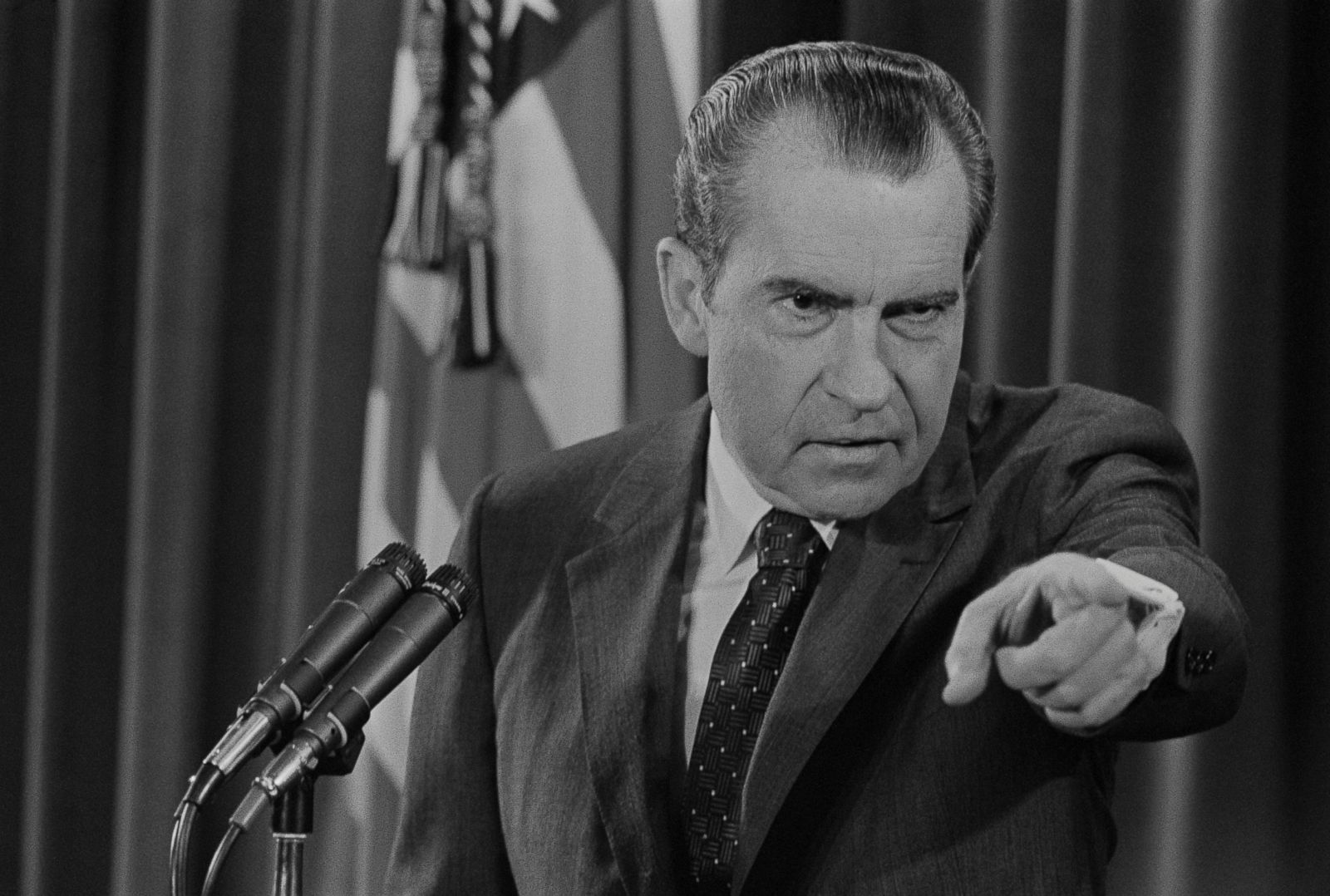
5. **Nixon’s Foe, Welk’s “Modern Spiritual”: The Song’s Absurdist Journey**The soaring popularity of “One Toke Over the Line” inadvertently thrust Brewer & Shipley into the political spotlight, capturing the disapproving gaze of the Nixon administration. Vice President Spiro Agnew, a prominent figure in the era’s “culture wars” and known for his staunch stance against drug use, took the extraordinary step of personally naming Tom Shipley and Michael Brewer on national television as “subversives to America’s youth.” This official condemnation, far from being a deterrent, was embraced by Brewer as “a badge of honor,” underscoring the duo’s counterculture credibility and their willingness to challenge established norms.
The federal government’s concern escalated further when the Federal Communications Commission (FCC) issued a warning to radio stations across the nation. This warning explicitly informed broadcasters that “toke” was considered “hippie code for inhaling the evil weed,” a thinly veiled suggestion that playing the record might not be a judicious decision. The chilling effect was immediate and widespread, leading to the song being banned by numerous radio stations in major cities, including influential markets like New York, Chicago, and Washington, D.C., effectively creating a de facto censorship around the track.
Yet, in one of the most surreal and delightfully absurd twists in music history, “One Toke Over the Line” found its way onto an unlikely stage: The Lawrence Welk Show. The performance by the ever-smiling duo Gail Farrell and Dick Dale on the famously conservative and family-oriented variety program became legendary. The prevailing sentiment was that those within the Welk orbit were seemingly oblivious to the latest drug terminology, misinterpreting the song’s meaning entirely. At the conclusion of the number, the host, trademark baton in hand, delivered his now-iconic, deadpan verdict: “And there you heard a modern spiritual.”
Michael Brewer perfectly encapsulated the sheer absurdity of the situation, remarking, “The Vice President of the United States, Spiro Agnew, named us personally as a subversive to American youth, but at exactly the same time Lawrence Welk performed the crazy thing and introduced it as a gospel song. That shows how absurd it really is. Of course, we got more publicity than we could have paid for.” Shipley, ever one for a good joke, wryly added in a documentary about the duo, “We were a couple of dangerous, scary guys,” highlighting the comical juxtaposition of their public image and the reality of their good-natured intentions. This dual reception perfectly illustrates the cultural chasm of the early 1970s.
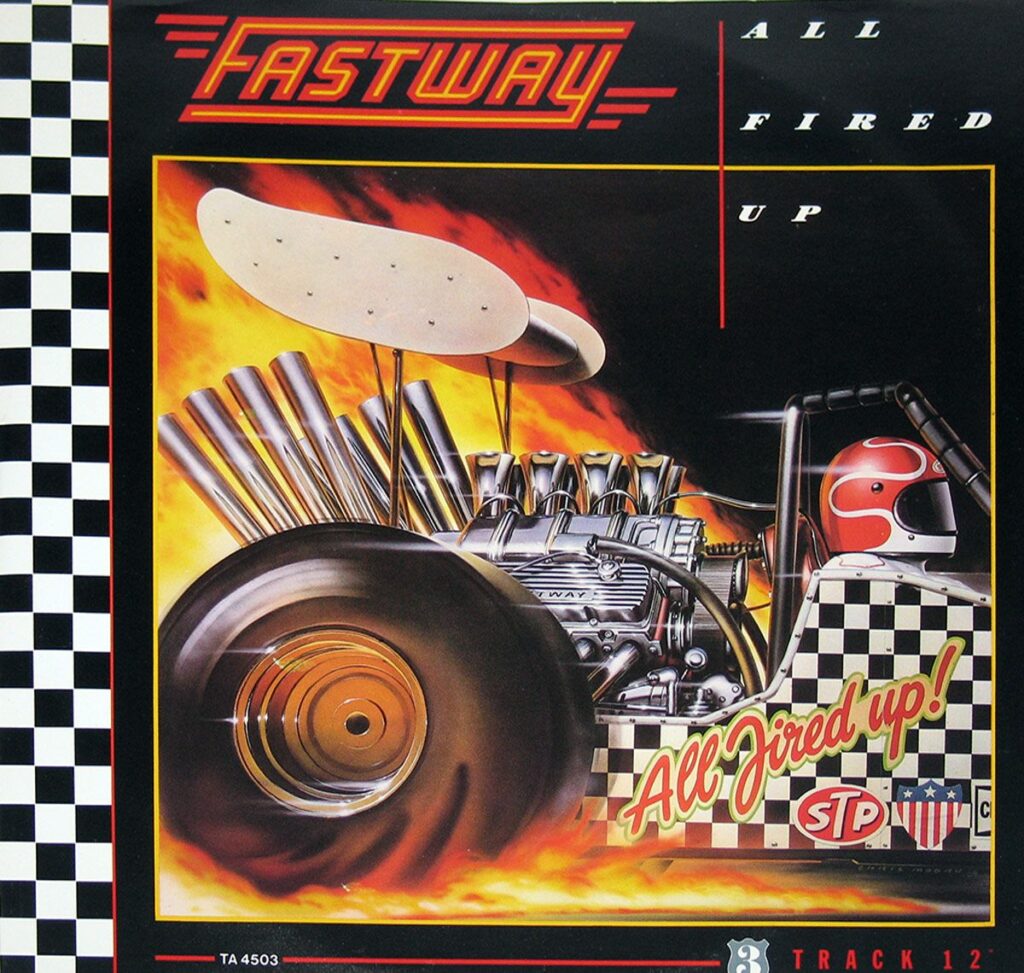
6. **Beyond the Hit: Other Notable Works and Albums**While “One Toke Over the Line” undeniably became their signature hit and what many considered their “novelty song,” Brewer & Shipley steadfastly viewed their artistic output through a different lens. As Brewer explained, they were “never about singles,” emphasizing that “Every song on our albums was just as important as the next one.” This commitment to album-oriented artistry was a key factor in their signing with Buddah Records, whose president, Neil Bogart, was actively seeking “album artists” to diversify the label’s image beyond its “king of bubblegum” reputation. Their albums, in their view, were meant to be “whole packages,” cohesive artistic statements rather than collections of potential hits.
Their prolific output included several notable albums beyond their famous single. Their second album for Kama Sutra Records, 1970’s *Tarkio*, proved to be their most commercially successful. It not only featured the groundbreaking “One Toke Over the Line” but also included the widely popular track “Tarkio Road.” This album reached an impressive No. 34 on the Billboard 200, showcasing their ability to craft compelling and resonant folk-rock narratives that connected deeply with a burgeoning audience, solidifying their reputation as serious musical artists.
Brewer & Shipley, in fact, technically “escaped one-hit-wonder status” by successfully charting two other singles on the Billboard Hot 100. “Tarkio Road,” a track that resonated with their Midwest sensibilities, reached No. 55 in June 1970, demonstrating the depth of their songwriting appeal beyond their most famous tune. This was followed by “Shake Off the Demon,” which made it to No. 98 in February 1972, further cementing their presence on the national airwaves and proving their ability to consistently produce radio-friendly content that still maintained their folk integrity.
Their comprehensive discography reflects a consistent creative drive throughout the late 1960s and 1970s. Key albums include “Down in L.A.” (1968), “Weeds” (1969), “Tarkio” (1970), “Shake Off the Demon” (1971), “Rural Space” (1972), “ST11261” (1974), and “Welcome To Riddle Bridge” (1975). Their influence extended beyond their own recordings, exemplified by Rod Stewart’s cover of Ted Anderson’s “Seems Like A Long Time,” a track Brewer & Shipley had recorded on *Tarkio*. This rich body of work underscores their significant, albeit sometimes overshadowed, contributions to the folk-rock canon.

7. **The Deliberate Ambiguity and Lyrical Craft of “One Toke Over the Line”**Beyond its chart success and governmental controversy, a significant part of “One Toke Over the Line’s” enduring appeal lies in its captivating origin story and the deliberate ambiguity woven into its lyrics. What many might not realize is that the song’s now-iconic title was, in essence, a happy accident. Michael Brewer and his collaborator initially intended to title the tune “One Too Many,” a more straightforward reference to feeling a bit tipsy. However, a crucial mishearing and subsequent misinterpretation during the songwriting process unexpectedly transformed it into the more evocative “One Toke Over the Line.” This unforeseen alteration proved to be a stroke of genius, immediately piquing widespread interest and speculation.
This accidental shift wasn’t just a trivial detail; it profoundly shaped the song’s trajectory. The enigmatic nature of the word “toke” became its secret weapon. While the lyrics consciously left its meaning open to interpretation, this very lack of a definitive explanation became a magnet for listener engagement. It allowed audiences from various walks of life—those deeply immersed in counterculture to the seemingly unwitting general public, like the producers of *The Lawrence Welk Show*—to project their own understandings onto the song, making it feel deeply personal and universally relevant, despite its specific, yet veiled, origins.
The genius of this lyrical ambiguity is that it transcended a simple inside joke among friends, elevating the song into a true cultural phenomenon. It sparked countless debates and discussions about its true subject matter, fueling its popularity and cementing its place in musical lore. The infectious melody, coupled with the relatable theme of youthful indiscretion and an underlying sense of playful rebellion, resonated deeply with a generation searching for meaning and identity. It proved that sometimes, the most memorable creations aren’t meticulously planned, but rather emerge from serendipitous moments, transforming a simple phrase into a timeless artifact.
Ultimately, the enduring mystique of “One Toke Over the Line” is a testament to the power of lyrical subtlety. It invited listeners to participate in its meaning, creating a bond that few explicit songs could achieve. This deliberate vagueness ensured its broad appeal, allowing it to navigate the choppy waters of cultural censorship while simultaneously being embraced by wildly disparate audiences, a feat rarely accomplished in the annals of popular music.
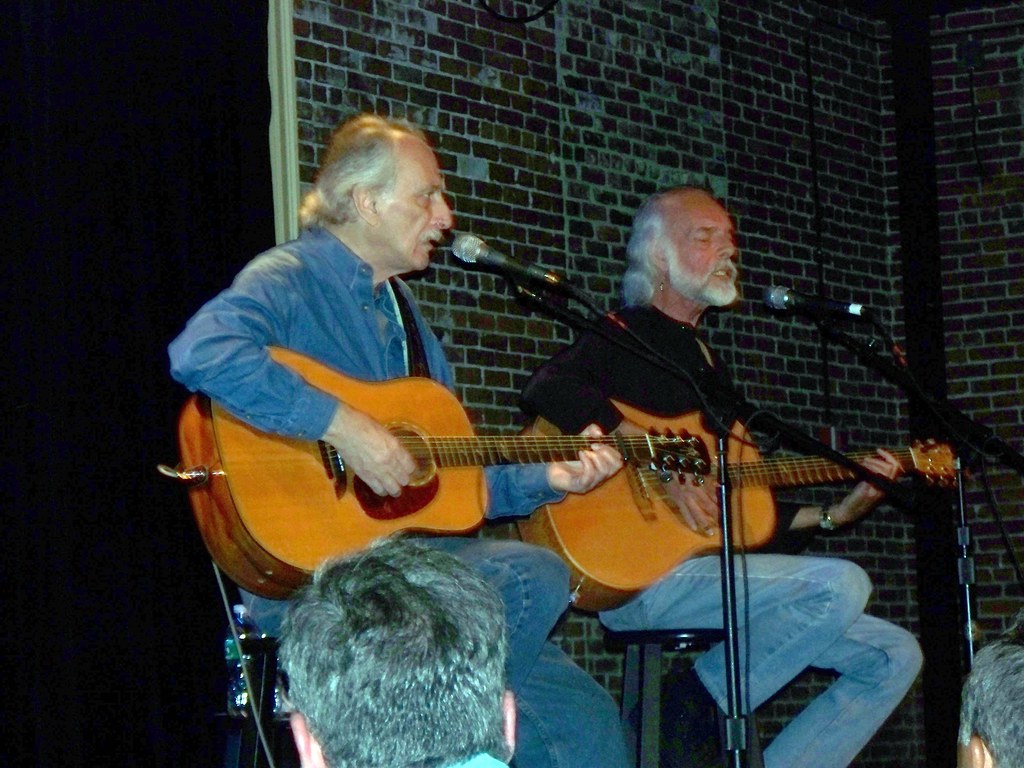
8. **”One Toke Over the Line” in Popular Culture and Media**The impact of “One Toke Over the Line” extends far beyond its initial chart run and the immediate cultural debates it ignited; it has persistently surfaced in popular culture, cementing its status as an enduring artifact of a pivotal era. Testament to its lasting significance, *Rolling Stone* magazine, a venerable arbiter of music history, prominently listed the hazy ditty at No. 3 on its 2020 survey of “The 20 Greatest Songs About Weed.” This prestigious ranking places Brewer & Shipley alongside such monumental artists as The Beatles with “Got to Get You Into My Life” and Bob Dylan’s “Rainy Day Women #12 and 35,” unequivocally positioning their creation within the pantheon of cannabis-themed anthems.
Its cinematic life began in earnest with its inclusion in the 1998 film adaptation of Hunter S. Thompson’s iconic novel, *Fear and Loathing in Las Vegas*. Directed by Terry Gilliam and starring Johnny Depp, the film itself is an extended celluloid hallucination, and the song perfectly soundtracked the psychedelic, chaotic journey of its protagonists, Raoul Duke and Dr. Gonzo. The image of Dr. Gonzo singing the line “One toke over the line, sweet Jesus, one toke over the line” while driving from Barstow to Las Vegas became an iconic moment, underscoring the song’s seamless fit within the counterculture narrative Thompson so vividly captured.
The song’s pervasive influence has even seeped into other unexpected corners of modern media. It holds a distinct place in the video game *Grand Theft Auto IV*, where “One Toke Over the Line” is ingeniously utilized as an “addiction status,” a playful nod to its well-known lyrical content. Furthermore, in the 2014 movie *St. Vincent*, the song is heard playing on Bill Murray’s headphones and is explicitly listed in the soundtrack credits, illustrating its continued ability to resonate with filmmakers and audiences seeking a slice of nostalgic, yet timeless, Americana.
These varied appearances across film, video games, and esteemed music lists underscore the song’s remarkable staying power. It’s not merely a relic of the 1970s but a track that consistently finds new relevance, adapting to and enhancing diverse narratives. Its ability to evoke a specific cultural moment, whether of hazy introspection or rebellious abandon, ensures that “One Toke Over the Line” remains more than just a pop hit; it’s a vibrant thread woven through the tapestry of popular culture, an enduring symbol of accidental brilliance.

9. **The Duo’s Unwavering Commitment to Folk Tradition and Social Commentary**While “One Toke Over the Line” may have indelibly etched Brewer & Shipley into the public consciousness, the duo themselves were adamant that their artistic mission extended far beyond a singular, albeit monumental, hit. Shipley, in a 2011 interview, once described themselves as “ballad artists,” a designation that powerfully contrasted with the “novelty song” label often applied to their most famous track. This self-identification speaks volumes about their genuine commitment to the rich legacy of folk music, a tradition deeply rooted in narrative and social reflection.
Indeed, Michael Brewer articulated their artistic ethos with profound clarity, stating in 2016, “We were just reflecting the times we were living in.” This sentiment wasn’t a casual remark but a foundational principle of their songwriting. Their body of work, extending across eight albums from 1968 to 1975, consistently addressed the pressing social issues of their generation. Their lyrics often tackled complex themes such as civil rights and the Vietnam War, positioning them as thoughtful chroniclers of a turbulent era, utilizing their platform to offer poignant social commentary rather than merely entertain.
Their dedication to artistic integrity was perhaps best exemplified by their decisive move back to the Midwest after a disillusioning experience in Los Angeles. Shipley candidly shared, “We were very depressed. Neither of us were LA kind of people.” This deep disaffection with the glitzy, commercially driven West Coast music scene propelled them back to Kansas City in 1969, where they embraced a more authentic creative environment. This return to their roots, even if it initially meant “a meager living playing college towns,” underscored their commitment to artistic vision over the prevailing commercial pressures.
For Brewer & Shipley, their albums were intended as “whole packages,” cohesive artistic statements where “Every song on our albums was just as important as the next one.” This philosophy resonated with Buddah Records, whose president, Neil Bogart, sought out “album artists” to diversify his label’s image beyond its “king of bubblegum” reputation. This deep-seated belief in the integrity of the album as a complete work, rather than just a vehicle for singles, further solidifies their place as serious artists committed to the folk tradition of storytelling and social critique.

10. **Their Deep Roots in the Midwest and Local Impact**After their somewhat disheartening foray into the Los Angeles music scene, Brewer & Shipley made a pivotal decision in 1969 to return to the American heartland, settling in Kansas City, Missouri. This move was more than just a change of address; it was a recommitment to a more grounded, authentic lifestyle that profoundly influenced their music. It was in this environment that they found a suitable backdrop for their creative endeavors, initially making “a meager living playing college towns,” but steadily building a dedicated following that appreciated their genuine, unadorned folk-rock sound. Their album *Tarkio*, which included their famous pot anthem, was named after a regular gig they played in Tarkio, Missouri, cementing their connection to the region.
Their presence quickly became instrumental in shaping the local music landscape. Brewer & Shipley were key figures in the formation of Kansas City’s Good Karma Productions, a company dedicated to producing regional concerts, which further solidified their ties to the community and helped foster a thriving local scene. They also became regular performers at the legendary Cowtown Ballroom in the early 1970s, a venue that holds a hallowed place in the history of Midwest rock and folk music. Their frequent appearances there cemented their status as local heroes, drawing in audiences eager for their unique blend of intricate guitar work and harmonious vocals.
The duo’s enduring bond with their adopted home was recognized formally with their induction into the first class of the Kansas Music Hall of Fame in 2005. This honor was a testament to their significant and lasting impact on the regional music scene, acknowledging their role not just as hitmakers, but as cultural contributors who helped define the sound of the Midwest. Even in later years, despite achieving national fame, they continued to perform frequently in the area until the global pandemic curtailed live performances in 2020, showcasing their loyalty to their roots.
Tom Shipley’s deep affection for Kansas City remained unwavering throughout his life, eloquently captured in his 2021 statement to The Star: “I still consider myself a Kansas City guy. I still cry when the Chiefs lose.” This heartfelt declaration perfectly encapsulates the genuine connection he felt to the community and its spirit. Their decision to eschew the pressures of major music hubs for the authenticity of the heartland imbued their music with a relatable, down-to-earth quality that resonated with a broader American audience, demonstrating that true artistic success isn’t always found in the brightest spotlights, but often in the places that feel most like home.
Read more about: Seriously What’s the Deal? 14 Once-Loved American Foods That Mysteriously Vanished From Our Tables

11. **Tom Shipley’s Life Beyond the Stage: Post-Duo Endeavors and Personal Life**While Brewer & Shipley’s peak commercial success occurred in the late 1960s and 1970s, the story of Tom Shipley did not end with the duo’s cooling career during the 70s or their eventual split in 1979. The partners reunited for a concert in 1989, a spark that reignited their collaboration, leading to the creation of two more albums: *Shanghai* in 1993 and *Heartland* in 1997. These later works demonstrated their continued creative drive and ability to compose together, even as their lives had branched out into new territories, proving their artistic connection remained strong years after their initial run.
In his later years, Shipley carved out a distinguished second career, moving beyond the spotlight of musical performance. He took on a significant role at the Missouri University of Science and Technology in Rolla, where he became part of the staff. His work as a manager of video productions for the university showcased his continued passion for storytelling, albeit through a different medium. Demonstrating a profound commitment to humanitarian efforts, Shipley also became a member of Engineers Without Borders, traveling twice to the Amazon and Andes of Bolivia to produce videos for the organization. This work highlighted his versatile talents and his desire to make a tangible, positive impact on the world, far removed from the music charts.
Shipley’s personal life was as rich and fulfilling as his artistic one. He is survived by his beloved wife, Jan, with whom he shared 44 years of marriage, a testament to enduring companionship. His legacy also lives on through his children: sons Marc and Matthew, and daughters Deborah and Lisabeth, from his earlier marriage to Irene Seghy. Furthermore, he was a proud grandfather to four grandchildren. These family ties underscore the full, well-rounded life he led, balancing the public persona of a folk-rock icon with the private joys and responsibilities of family.
Reflecting on his career in a 2011 interview, Shipley offered a remarkably humble and honest perspective on his fame. “I guess we were pretty big. It’s hard to say. I know we were making a lot of money, but who could count.” He also mused on the whirlwind nature of touring, stating, “There was a three-year period when I was hardly anywhere but on the road. Everyone says I had a lot of fun, but it was mostly a blur to me. Maybe something I ate.” These candid remarks reveal a man who, despite his profound contributions to music and culture, remained grounded, his perspective shaped by experience rather than ego.

12. **The Enduring Legacy of Brewer & Shipley: A Testament to Accidental Brilliance**The story of Brewer & Shipley, and particularly the life of Tom Shipley, is a compelling narrative of how serendipity and genuine artistic passion can converge to create something truly indelible. Their journey, marked by spontaneous creation, unexpected success, and a steadfast commitment to their craft, serves as a powerful reminder that some of the most enduring cultural phenomena are born not from meticulous planning, but from happy accidents and an authentic connection to the zeitgeist. Their ability to turn a casual remark into an anthem that resonated with millions is a testament to their unique creative chemistry.
Their legacy is far more expansive than the single, albeit iconic, hit “One Toke Over the Line.” As album artists, they crafted comprehensive bodies of work that reflected the social and political landscape of their era, cementing their place within the folk music tradition of social commentary. Their discography, stretching across nearly a decade in the 60s and 70s, showcased their intricate guitar work, harmonious vocals, and profound lyrical depth, demonstrating a consistency that belied any “one-hit wonder” label. They charted other singles, like “Tarkio Road” and “Shake Off the Demon,” further proving their versatile appeal.
The duo’s influence permeated popular culture, from the silver screen in *Fear and Loathing in Las Vegas* to the digital realm of *Grand Theft Auto IV*, ensuring that their music continues to be discovered and appreciated by new generations. The absurdity of their journey – from being condemned by a Vice President to being lauded as a “modern spiritual” on national television – only adds to the mystique and cultural weight of their most famous song, making it a story that continues to captivate and intrigue.
Tom Shipley’s life, both on and off the stage, exemplifies a deep and multifaceted passion. Whether crafting music, writing, or producing videos for humanitarian causes, his dedication to telling a story, with patience and genuine enthusiasm, was unwavering. His passing, following closely after his musical partner Michael Brewer, marks the end of a truly remarkable era, but the echoes of their music and the stories they told will undoubtedly resonate for decades to come, solidifying their cherished place in the annals of American folk-rock history. Their journey remains a vibrant testament to the enduring power of a well-crafted song and the accidental brilliance that can shape a legacy.
As the final notes of their story fade, we are left with a profound appreciation for Tom Shipley and Michael Brewer – two musicians who, through their unique blend of talent and circumstance, gave voice to a generation. Their music, particularly that “one toke over the line,” continues to offer a glimpse into a pivotal moment in history, a soundtrack to counterculture, and a timeless reminder of the unexpected paths that lead to lasting impact.


